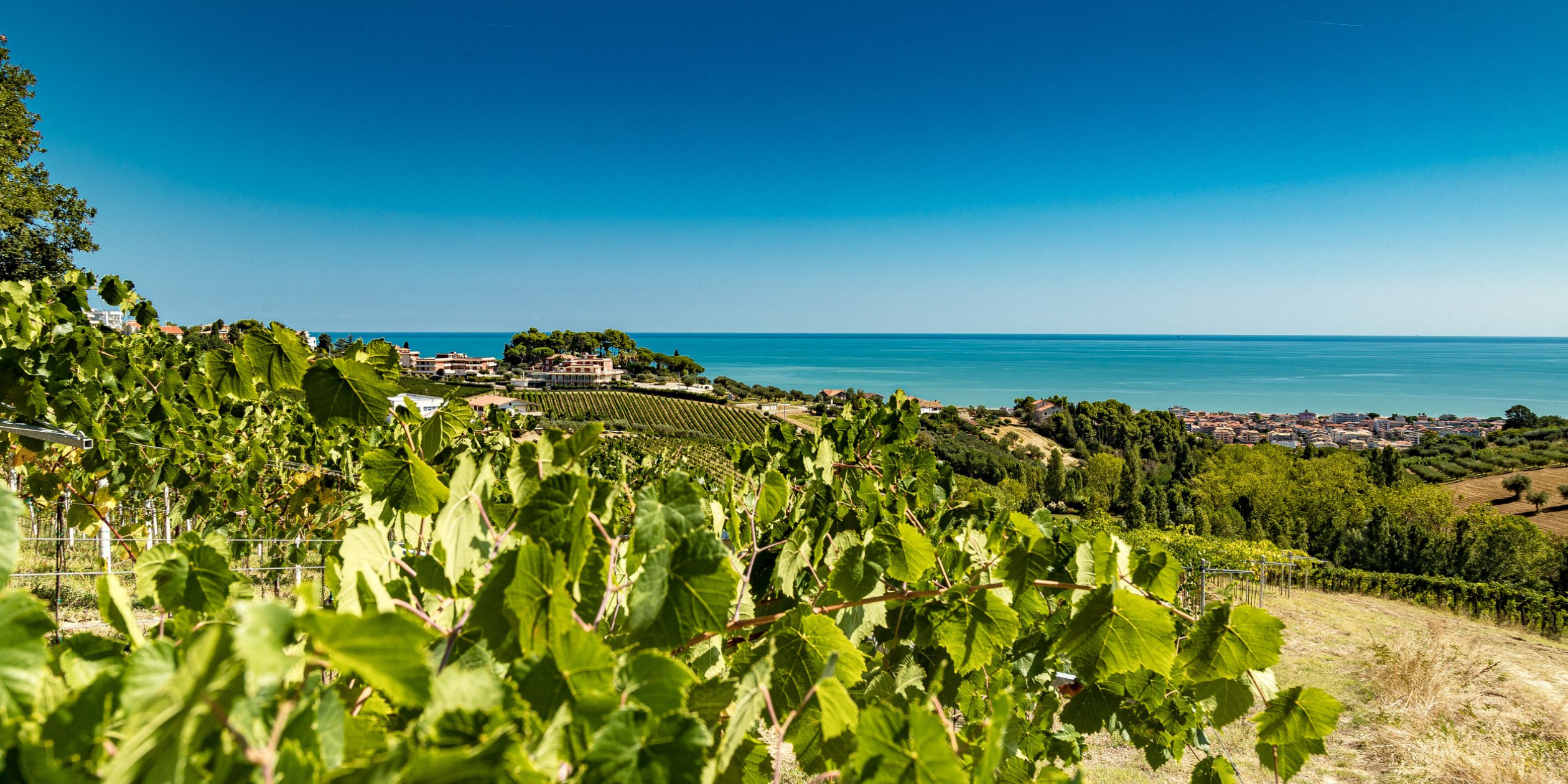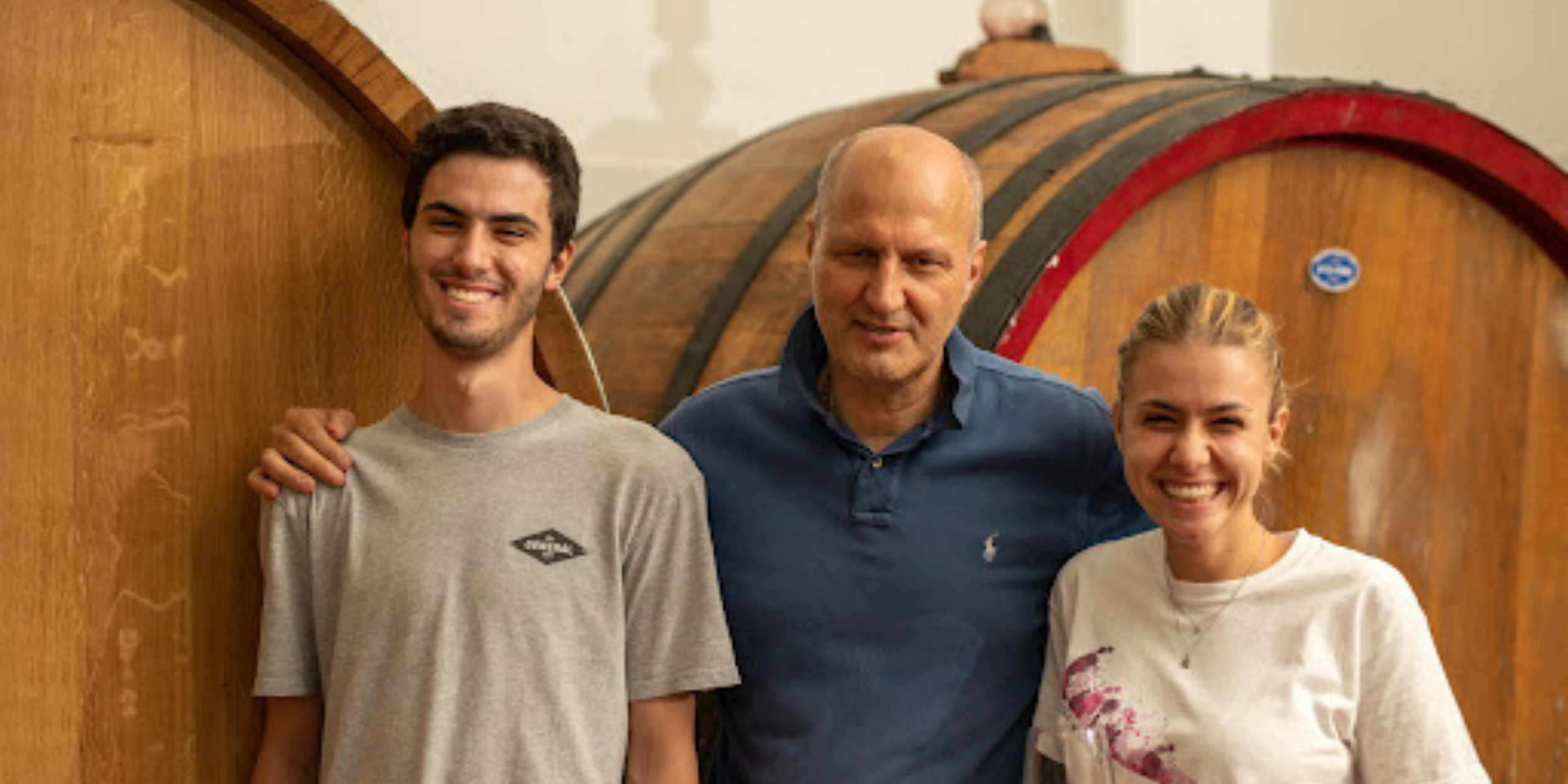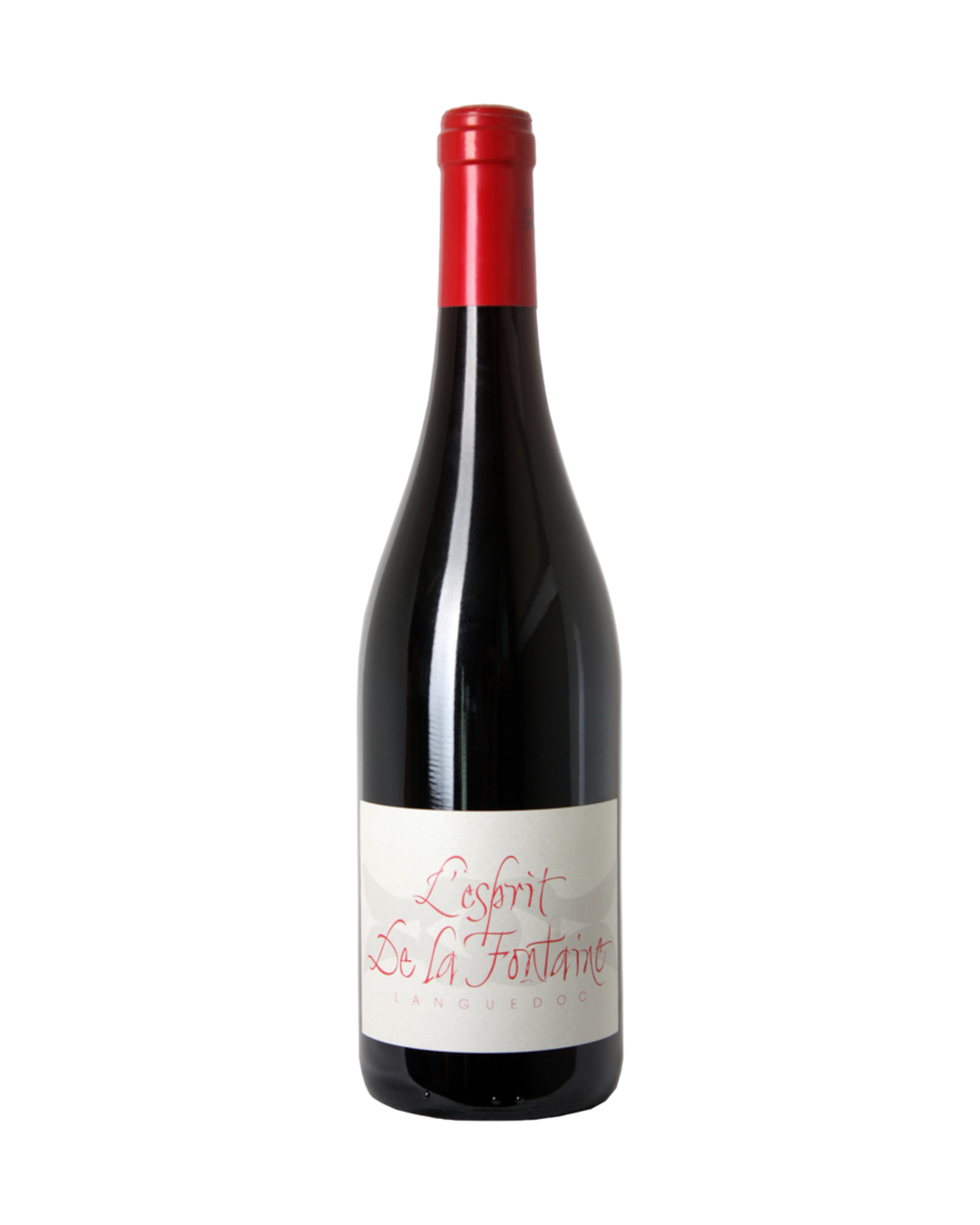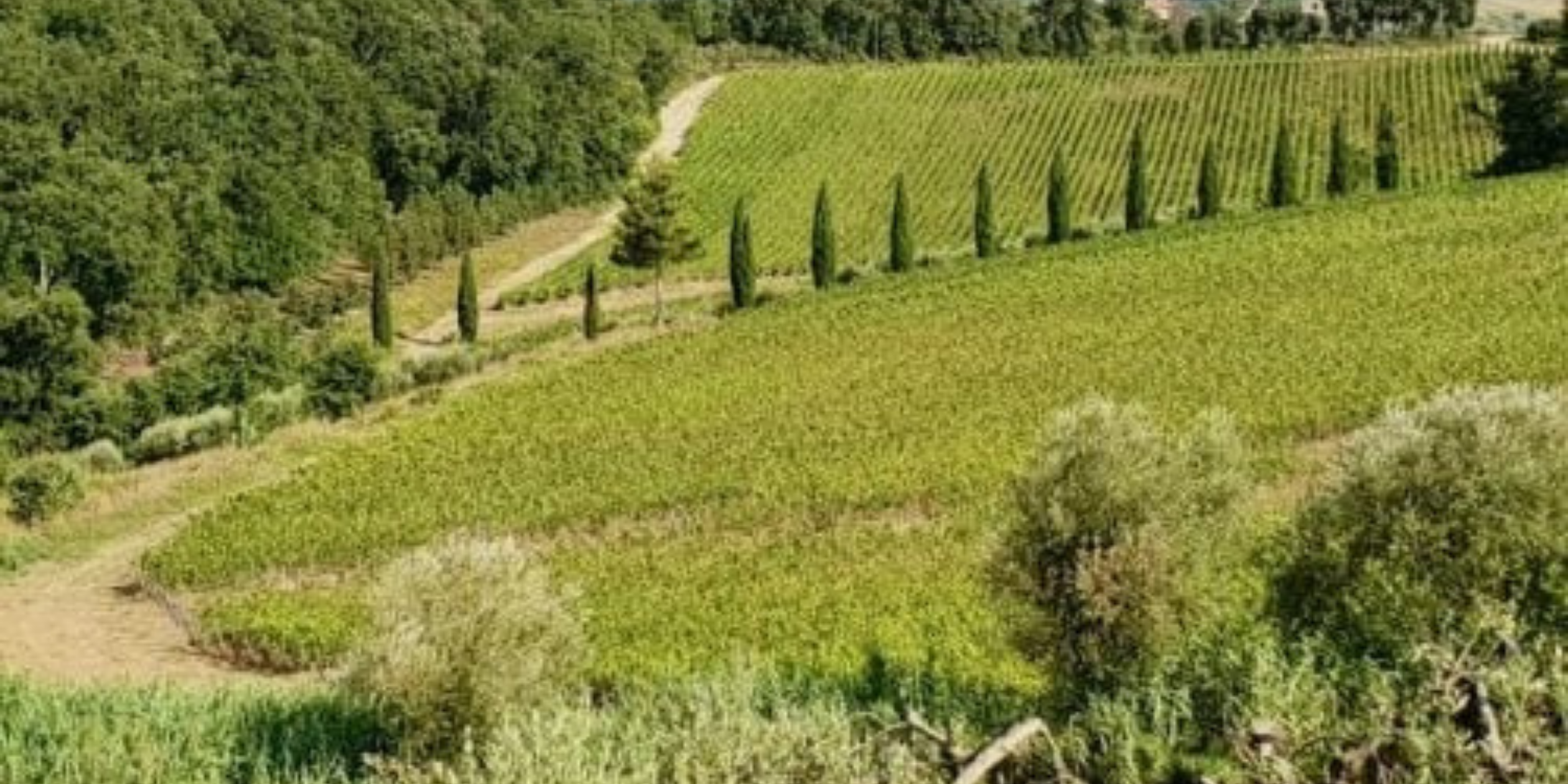Jean-Claude Zabalia was destined to be a maths teacher before he was knocked sideways by his love for a girl from Corbières. That girl later became his wife and inspired him to take up viticulture on her home ground. Today, with 30 years of experience, both as a winemaker and as wine estates director of noted Languedoc producer Chateau Saint-Martin de la Garrigue under his belt, Jean-Claude Zabalia has his own successful business - Terra Viva – which he founded in 2011 and shares with son Hugo who works the land with him.
The Terra Viva approach towards winemaking is different from that of classic French producers in the sense that they do not create single vineyard wines but instead play with the palate provided by the varied terroirs under their control. Their aim is to craft wines without boundaries. The different vineyards from which they source fruit are all selected for their unique characteristics and all are farmed organically. Wines exhibit a freshness unusual for this region.
Small parcels on schist in well drained soils in wind sheltered spots provide expressive fruit for these terroirs focused, elegant, subtle, wines. Wines from this tiny region are documented as far back as 1357 in the Montpellier archives. The naturally pale pink rosé, white Grenache and Clairette show beautiful balance and freshness, not least thanks to the altitude of this spot at 300m.
The Terra Viva approach towards winemaking is different from that of classic French producers in the sense that they do not create single vineyard wines but instead play with the palate provided by the varied terroirs under their control. Their aim is to craft wines without boundaries. The different vineyards from which they source fruit are all selected for their unique characteristics and all are farmed organically. Wines exhibit a freshness unusual for this region.
Small parcels on schist in well drained soils in wind sheltered spots provide expressive fruit for these terroirs focused, elegant, subtle, wines. Wines from this tiny region are documented as far back as 1357 in the Montpellier archives. The naturally pale pink rosé, white Grenache and Clairette show beautiful balance and freshness, not least thanks to the altitude of this spot at 300m.







